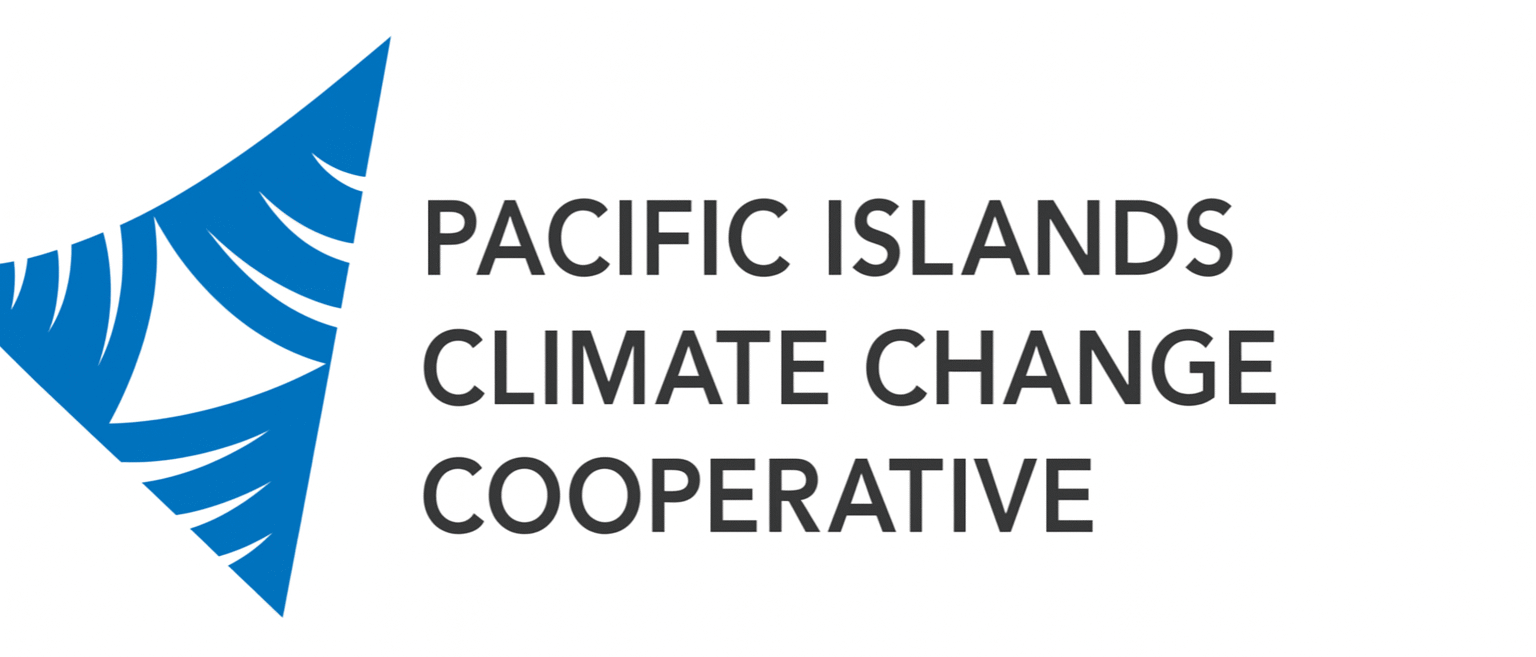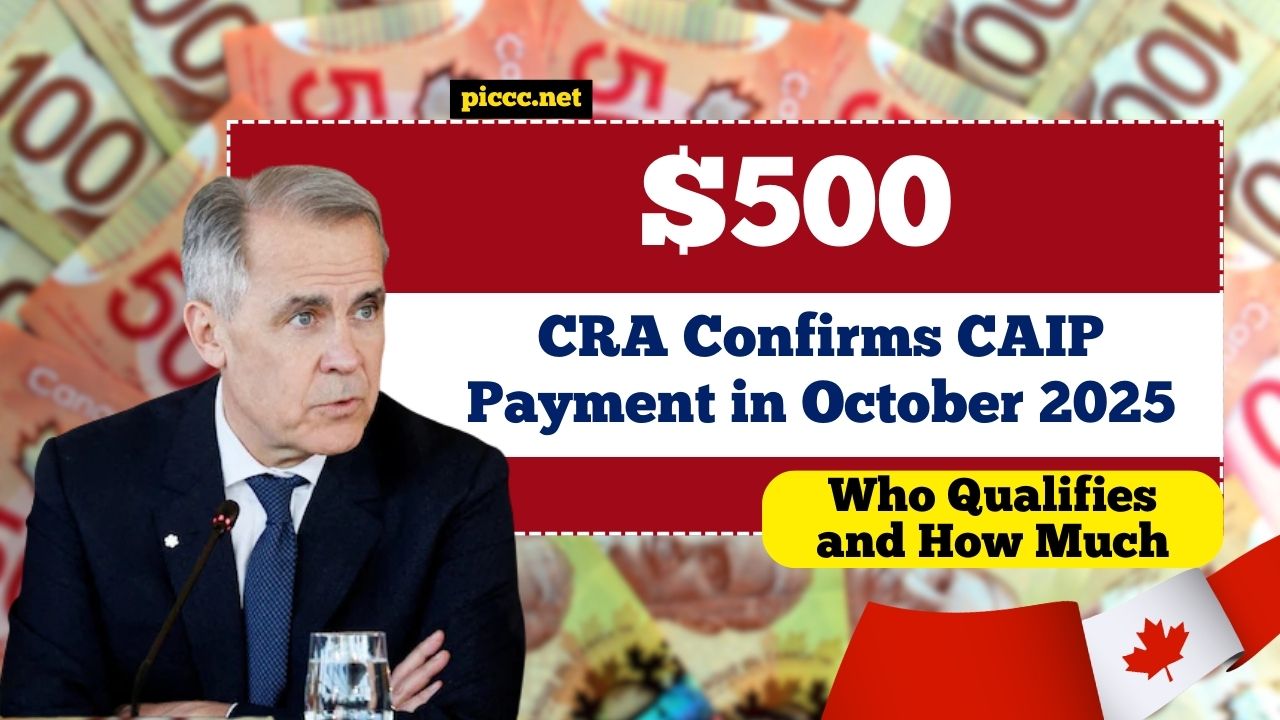Rising rental costs across Canada have put many households under pressure.
To help Canadians cope, the federal government has introduced the Rent Relief Canada 2025 program.
This short-term initiative provides a tax-free one-time payment of $430 to eligible renters who meet specific conditions.
Unlike traditional benefit programs, Rent Relief Canada 2025 is designed for speed and accessibility, ensuring that funds reach households exactly when they need them.
Overview of the Rent Relief Canada 2025 Program
The government’s aim with this initiative is to offer immediate financial relief to renters dealing with steep housing expenses.
- Payment Amount: $430 (one-time, tax-free)
- Eligibility: Renters with a valid Social Insurance Number (SIN) who meet income rules
- Payment Date: August 2025
- Payment Method: Direct deposit or mailed cheque
- Priority Groups: Seniors, low-income households, and persons with disabilities
- Impact on Other Benefits: No reduction or effect on existing supports like the Canada Housing Benefit
This program will be managed by the Canada Revenue Agency (CRA) in coordination with provincial housing agencies to ensure smooth delivery nationwide.
Why Rent Relief Was Launched
Housing costs are one of the largest expenses for Canadian families. With inflation and high demand for rental units in both cities and rural areas, households are increasingly forced to choose between paying rent and covering other essentials like groceries, medicine, or utilities.
The $430 support payment is not a long-term fix for the housing crisis, but it helps renters avoid missed payments, late fees, or eviction threats during difficult times.
Who Qualifies for Rent Relief Canada 2025?
To make sure the program benefits those most in need, strict eligibility rules have been set:
- You must be a Canadian resident with a valid SIN.
- You must have paid at least six months of rent in 2024.
- Your household income must fall below the federal threshold.
- You may still qualify even if you already receive housing support, such as the Canada Housing Benefit.
- Priority will be given to seniors, families with low income, and people with disabilities.
Quick Reference
| Feature | Details |
|---|---|
| Payment Amount | $430 (one-time, tax-free) |
| Eligibility | Valid SIN, income below federal threshold |
| Rent Requirement | Paid 6+ months of rent in 2024 |
| Payment Date | August 2025 |
| Payment Method | Direct deposit or mailed cheque |
| Priority Groups | Seniors, families, disabled Canadians |
| Effect on Benefits | No impact on OAS, CPP, or Canada Housing Benefit |
How the Payment Will Be Distributed
The CRA will begin issuing payments in August 2025. Here’s how renters will receive their money:
- Direct Deposit: If you already get CRA benefits (tax refunds, GST/HST credit, etc.), your $430 will be deposited directly into your bank account.
- Paper Cheques: Those not signed up for direct deposit will receive a cheque at their registered address, which may take up to 10 business days.
- CRA My Account: Renters can log into their account to check payment status.
- Notifications: CRA will confirm payments via email or mail once issued.
To prevent delays, renters must ensure their banking and mailing details are updated with the CRA before August 2025.
Benefits of Rent Relief Canada 2025
While $430 may not cover an entire month’s rent, it can still make a meaningful difference. This relief payment can:
- Cover part of monthly rent or overdue bills
- Help renters avoid eviction or late fees
- Reduce financial strain by offsetting other costs like groceries, medicine, or transit
- Provide peace of mind for vulnerable households without long-term rent support
The program also recognizes the challenges faced by renters in both big cities and small towns, ensuring the support reaches Canadians everywhere.
Connection to Canada’s Broader Housing Plan
The one-time Rent Relief Canada 2025 program is part of a larger federal affordability strategy. Alongside this initiative, the government is also:
- Continuing the Canada Housing Benefit for longer-term support
- Partnering with provinces to expand housing programs
- Exploring future enhancements, such as:
- Adjusting rent relief based on regional rent increases
- Offering quarterly or semi-annual relief payments
- Connecting renters with job programs and social services for long-term stability
Although this payment alone won’t solve the housing affordability crisis, it offers a temporary safety net for struggling renters.
Why Payments Will Be Sent in August 2025
The timing of the August 2025 payout is deliberate.
Summer often brings higher living costs, including electricity bills, food, and transport.
Families also face back-to-school expenses during this period.
By scheduling the $430 payment in late summer, the government ensures households have extra funds when financial pressure is at its peak.
The Rent Relief Canada 2025 program is a timely response to rising rental costs and economic stress.
By offering a one-time, tax-free payment of $430, the federal government aims to help renters cover essential expenses and avoid eviction risks during a challenging period.
Though temporary, this initiative is part of a wider housing affordability strategy designed to support vulnerable groups, including seniors, low-income families, and people with disabilities.
For many households, this payment will provide much-needed breathing room in a difficult housing market.
Frequently Asked Questions
Who can receive the $430 Rent Relief Canada 2025 payment?
Renters with a valid SIN, who paid six or more months of rent in 2024, and whose household income is below the threshold.
Priority is given to seniors, low-income families, and Canadians with disabilities.
Do I need to apply for Rent Relief Canada 2025?
In most cases, no application is required. If you are already registered with the CRA, the payment will be sent automatically.
Will the $430 rent relief affect my other benefits?
No. The payment is tax-free and will not reduce or interfere with benefits such as OAS, CPP, or the Canada Housing Benefit.

